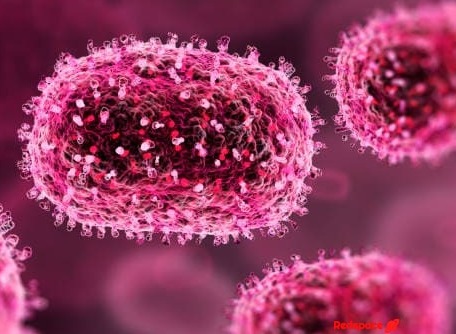Synthetic biology is a rapidly developing field with the potential to revolutionize many aspects of our lives. Here are a few specific examples of how synthetic biology could be used in the future:
- Medicine: Synthetic biology could be used to develop new drugs and treatments for diseases, as well as personalized medicine tailored to individual patients’ needs. For example, synthetic biologists are developing new vaccines, antibiotics, and cancer treatments. They are also working on developing synthetic cells that can be used to deliver drugs to specific tissues in the body.
- Agriculture: Synthetic biology could be used to create new crops that are more resistant to pests and diseases, as well as crops that can thrive in harsh environments. Synthetic biologists are also working on developing new ways to produce food more efficiently and sustainably. For example, they are developing synthetic yeast strains that can produce biofuels from plant waste.
- Energy: Synthetic biology could be used to generate clean energy from renewable sources, such as algae and sunlight. Synthetic biologists are also working on developing new ways to store and transport energy more efficiently.
- Materials: Synthetic biology could be used to create new materials with unique properties, such as strength, durability, and self-healing. Synthetic biologists are developing new materials for use in a variety of industries, including construction, medicine, and electronics.
- Environment: Synthetic biology could be used to clean up pollution and protect the environment. For example, synthetic biologists are developing synthetic organisms that can break down oil spills and clean up heavy metals from contaminated soil.
In addition to these specific applications, synthetic biology is also likely to have a broader impact on society. For example, synthetic biology could lead to the development of new products and services, as well as new ways of living and working.
It is important to note that synthetic biology is a powerful tool that needs to be used responsibly. We need to make sure that synthetic organisms are not released into the environment where they could harm other species or ecosystems. We also need to ensure that synthetic biology is used for the benefit of all, not just a select few.
Overall, synthetic biology is a promising new field with the potential to make a positive impact on the world. However, it is important to use this technology responsibly and ethically.











